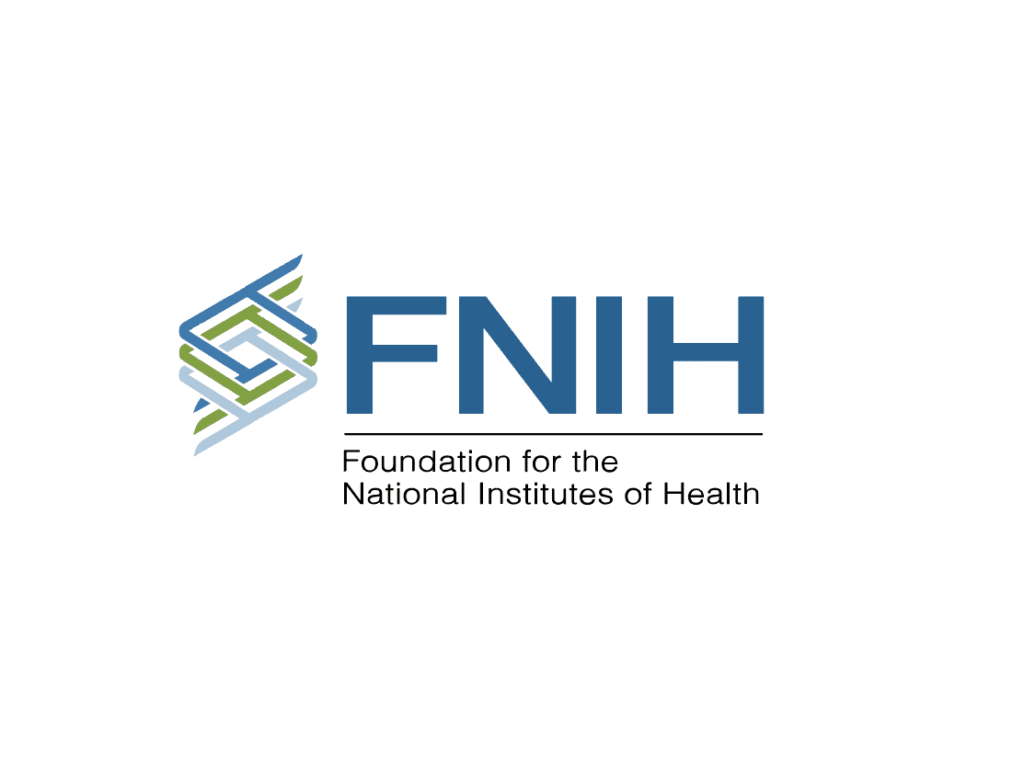

Future of the Safe Step Act
By: Allen Pinn, Policy Coordinator
Step therapy, sometimes referred to as ‘fail first’ or ‘step protocol,’ has severe consequences for patients who need care. Step therapy is a prior authorization practice where insurers require approval before covering a treatment or medication and where insurers implement tiered treatment pathways for medical conditions. Ideally, step therapy is designed to help curb unnecessary medical use and serves as a cost-management strategy. However, too often its use compromises patient care and well-being. Critics, particularly from the patient community, highlight serious safety concerns, arguing that step therapy forces patients into a trial-and-error approach with treatments that may be less effective, chosen primarily for their lower cost. This is particularly contentious when it comes to managing chronic conditions such as cancer, HIV, mental health disorders, diabetes, etc., and it can lead to long-term permanent harm to patients’ health and well-being.
Introduced by Senator Lisa Murkowski (R-AK) in March 2023, the Safe Step Act aims to reform step therapy protocols in health plans. Although step therapy protocols aim to reduce barriers to care according to some providers, they also can create administrative burdens to medical practitioners and patients in maintaining continuity of care. The Safe Step Act would not ban step therapy; however, it would require group health plans to provide exceptions for any medication step therapy protocols. The exceptions included in the legislation include when:
- An otherwise required treatment has been ineffective;
- Such treatment is expected to be ineffective and delaying effective treatment would lead to irreversible consequences;
- Such treatment will cause or is likely to cause an adverse reaction to the individual;
- Such treatment is expected to prevent the individual from performing daily activities or occupational responsibilities;
- The individual is stable based on the prescription drugs already selected; and
- There are other circumstances as determined by the Employee Benefits Security Administration.
The legislation would also create a regimented timeframe for exception requests to be processed. Group health plans would have to respond to an exception request within a 72-hour timeframe, and within 24 hours in severe cases.
The National Health Council (NHC) is working with the patient advocacy community to get the Safe Step Act enacted into law. The bill has bipartisan support with 39 cosponsors (25 Democrats, 12 Republicans, 2 Independents). In May 2023, the Safe Step Act was passed through the Senate Health, Education, Labor, and Pensions (HELP) Committee as an amendment to the Pharmacy Benefit Manager Reform Act. The House version of the legislation also has significant bipartisan support with 180 cosponsors (113 Democrats, 67 Republicans). Despite its widespread popularity, both versions of the bills have not yet been taken to the floor for a vote. As the nation inches closer to Election Day, health care reform legislation such as the Safe Step Act may be more likely to pass during the lame duck session of Congress held after the election. The NHC will continue to advocate for passage of this important legislation as soon as possible.
As new developments arise, the NHC will continue to monitor the status of the Safe Step Act. To read more on the NHC’s recommendations to reform prior authorization, click here.


